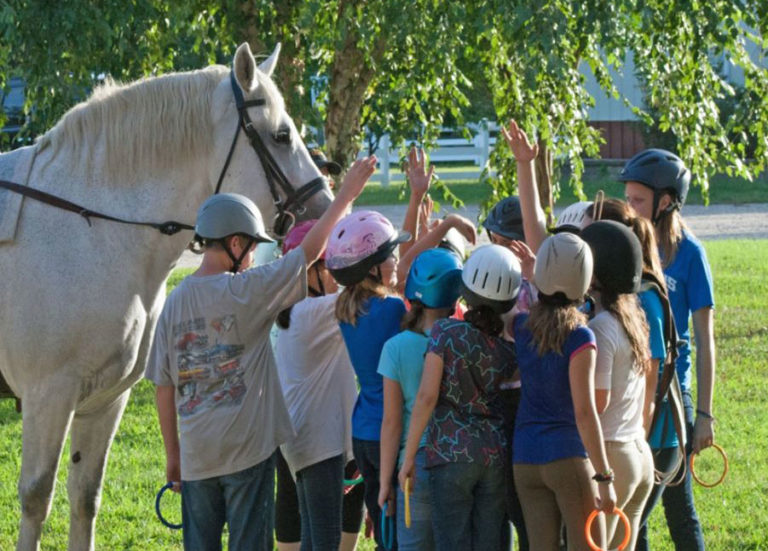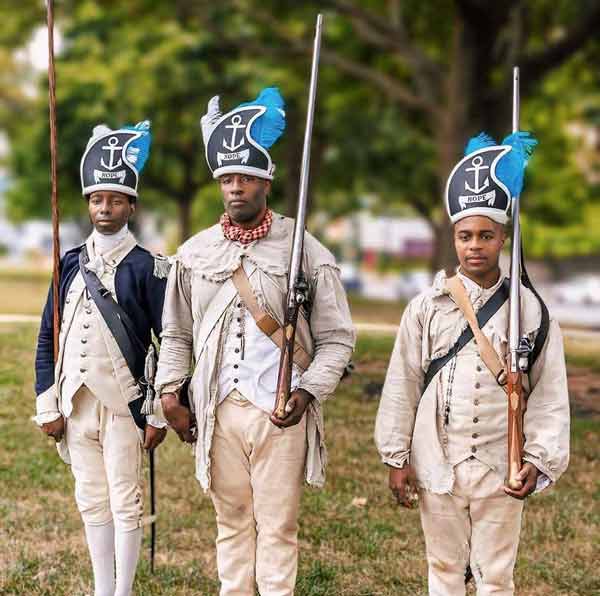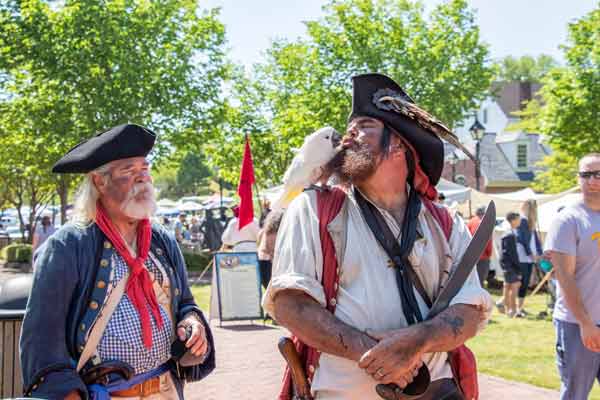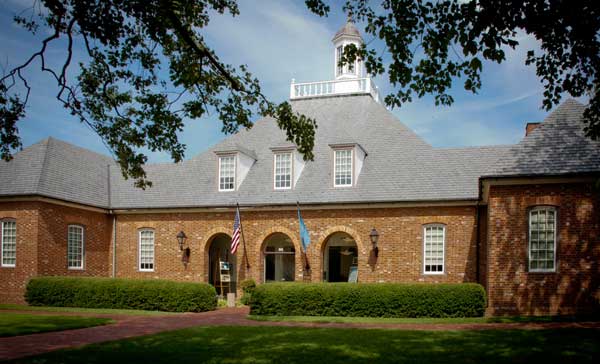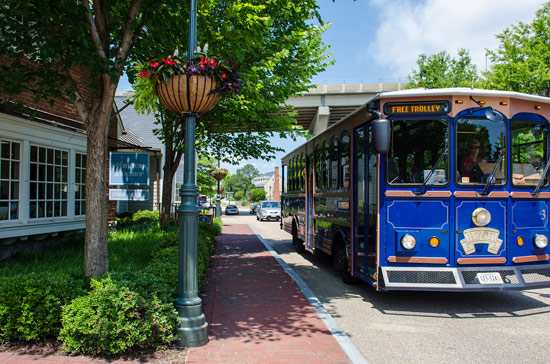- This event has passed.
Special Event: Celebrating Lafayette – Procession
October 20, 2024 @ 1:00 pm – 2:00 pm
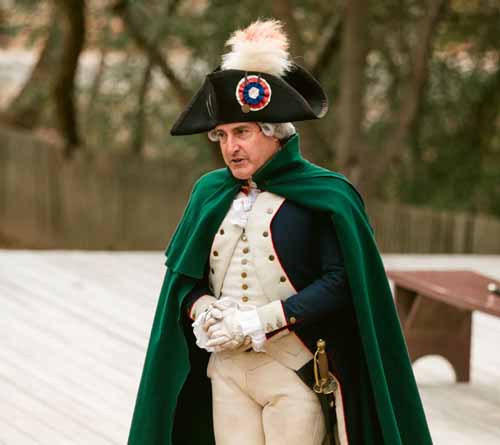
The day will continue with a 1 p.m. gathering in the heart of Colonial Williamsburg’s Historic Area featuring a carriage procession, music, pomp and military salutes (Free and Open to the Public.
On Sunday, October 20th at 1 p.m. the Williamsburg community gathers in the heart of the Historic Area to celebrate the 200th anniversary of Marie-Joseph Paul Yves Roch Gilbert du Motier de Lafayette’s triumphant return visit to the former colonial capital city. From August 1824 to September 1825, as the last significant surviving general of the American Revolution, the Marquis visited all 24 states of the Union at the invitation of President James Monroe and received the enthusiastic gratitude of the nation. A celebratory carriage procession and ceremony on the steps of the Colonial Courthouse will salute the “Nation’s Guest” with tributes from the 18th, 19th, and 21st centuries to include the Colonial Williamsburg Fifes & Drums, Nation Builders, community leaders, and cannon salute by the Virginia State Garrison Regiment.
More information on all the day’s events:
Two hundred years ago, the Marquis de Lafayette, French hero of the American Revolution, visited Williamsburg as part of a 13-month tour of the United States. On Oct. 20, The Colonial Williamsburg Foundation and William & Mary invite the community to commemorate the return of America’s favorite fighting Frenchman with ![]() a series of celebratory events.
a series of celebratory events.
“This 200th-anniversary celebration of the Marquis de Lafayette’s return to Williamsburg is only the beginning of the many anniversary events that Colonial Williamsburg is planning in the lead-up to the commemoration of America’s 250th anniversary in 2026,” said Cliff Fleet, president and CEO of The Colonial Williamsburg Foundation. “Just like Lafayette’s original tour in 1824, this event invites us to reflect upon the principles that united the nation in 1776 as we seek to form a more perfect union.”
October 20 events begin with an 11 a.m. ![]() “homecoming” ceremony at the Wren Building to commemorate the 200th anniversary of the Marquis receiving an honorary degree of laws from William & Mary. The original document, on loan from the Chambrun Foundation in France, is
“homecoming” ceremony at the Wren Building to commemorate the 200th anniversary of the Marquis receiving an honorary degree of laws from William & Mary. The original document, on loan from the Chambrun Foundation in France, is ![]() currently on display in Swem Library’s Special Collections Research Center until Nov. 15, along with other rare items related to Lafayette.
currently on display in Swem Library’s Special Collections Research Center until Nov. 15, along with other rare items related to Lafayette.
“William & Mary students, faculty and staff grew the big ideas that are still blossoming in the United States and across our global partnerships,” said Katherine Rowe, president of W&M. “We are pleased to remember the Marquis de Lafayette’s ties to William & Mary and display his honorary degree for the first time back in this country.”
The day will continue with a 1 p.m. gathering in the heart of Colonial Williamsburg’s Historic Area featuring a carriage procession, music, pomp and military salutes.
Finally, the Marquis will perform in a dramatic presentation at the Kimball Theater at 3 p.m. in which he’ll reflect on the people and events he experienced during his life (Colonial Williamsburg admission ticket required for Kimball event).
Williamsburg is one of 200 cities across America that are participating in ![]() the Lafayette200 Tour, organized by The American Friends of Lafayette in partnership with The Colonial Williamsburg Foundation and cultural institutions across the nation. The tour is intended to educate the public about the life and legacy of Lafayette who was a fierce advocate for freedom, equality and democracy.
the Lafayette200 Tour, organized by The American Friends of Lafayette in partnership with The Colonial Williamsburg Foundation and cultural institutions across the nation. The tour is intended to educate the public about the life and legacy of Lafayette who was a fierce advocate for freedom, equality and democracy.
Colonial Williamsburg Nation Builder Mark Schneider has ![]() portrayed Lafayette in many of the Lafayette200 tour locations including the launch in New York in August, where he was featured on the front page of The New York Times. Schneider will portray Lafayette for the Williamsburg events, as well as in Yorktown on Oct. 18 and 19. On Oct. 19, he will be joined by Colonial Williamsburg Nation Builder Stephen Seals who portrays
portrayed Lafayette in many of the Lafayette200 tour locations including the launch in New York in August, where he was featured on the front page of The New York Times. Schneider will portray Lafayette for the Williamsburg events, as well as in Yorktown on Oct. 18 and 19. On Oct. 19, he will be joined by Colonial Williamsburg Nation Builder Stephen Seals who portrays ![]() James Armistead Lafayette.
James Armistead Lafayette.
James Armistead Lafayette was born an enslaved Virginian in New Kent County who worked for the Marquis de Lafayette as a double agent during the Revolution, supplying valuable intelligence that helped pave the way for the siege of Yorktown. He was granted his freedom in 1787 and added Lafayette to his name to honor the French general for whom he spied. When the Marquis returned to Yorktown in 1824, he greeted Armistead Lafayette with an embrace that was reported in the newspaper. For more information on this event, along with Mark Schneider’s additional Yorktown appearances, visit ![]() visityorktown.org/Calendar.
visityorktown.org/Calendar.
Lafayette biography
Marquis de Lafayette (1757–1834) was born in France to a wealthy noble family. When he was 19 years old, Lafayette volunteered his services to the Continental Army. Though Congress was hesitant, his earnestness and assurance that he would serve at his own expense won him the rank of major general. He quickly fell into the company of George Washington, and the two formed a bond of will and philosophy so strong that Washington came to regard Lafayette as his son, a relationship reciprocated by the young Frenchman.
Lafayette’s tactical cunning and fearlessness in battle helped to save the Revolution on many occasions. In 1779, Lafayette returned to France and helped to win formal French support for the American cause. At Yorktown, Lafayette helped to corner Britain’s Lord Cornwallis, whose surrender after several days of siege was a fatal blow that ensured the American victory.
After the American Revolution, Lafayette returned to France where his popularity soared as he navigated the tenuous line between angry subjects and the monarchy. Lafayette authored the celebrated Declaration of the Rights of Man and of the Citizen and advocated religious toleration and the end of slavery. When most of Europe declared war against France in 1792, Lafayette commanded a French army in the north, but was taken prisoner by the Austrians and remained with them for nearly five years. Lafayette and his wife Adrienne de Noailles had four children, including a son named Georges Washington. The general died in 1834.


















